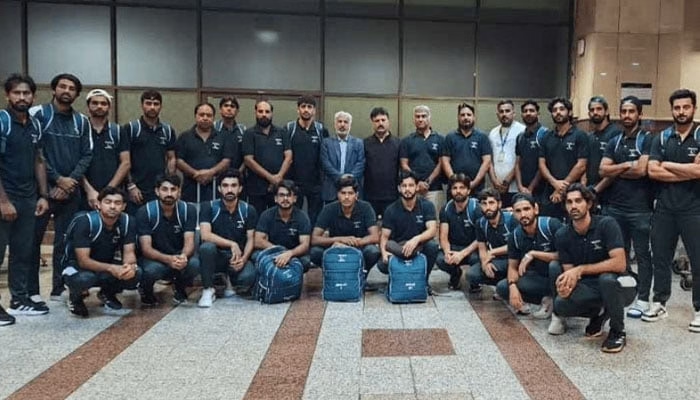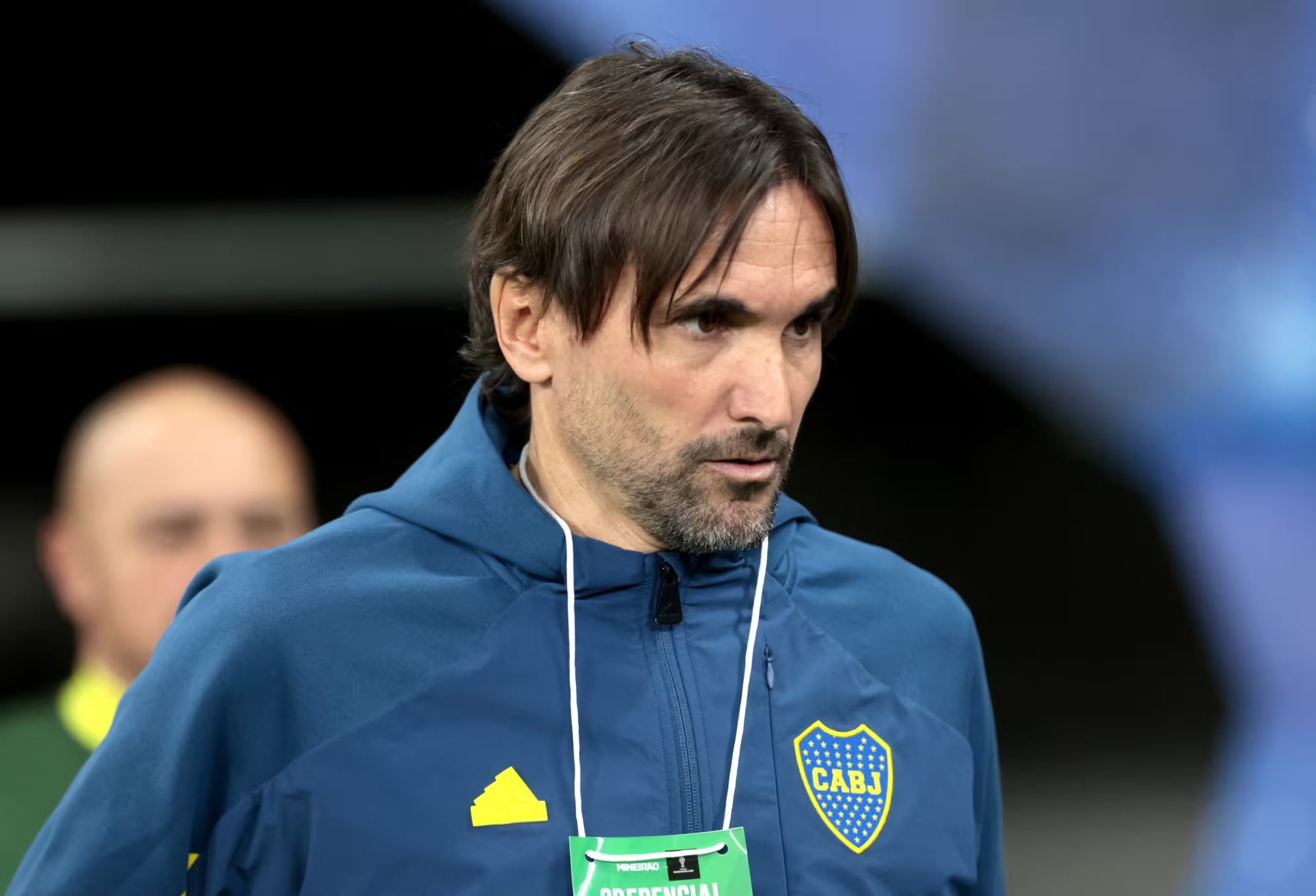Former Australian fast bowler Jason Gillespie recently clarified his stance on coaching responsibilities, expressing his preference for a temporary role in the white-ball format. Speaking to Australian media, Gillespie addressed speculation surrounding his future as a coach, stating that while he’s taken on the responsibility of interim coaching in the white-ball format, he has no interest in pursuing a permanent position at this time. Instead, he emphasizes his desire to maintain a balanced lifestyle, with family time taking precedence over a rigorous, year-round coaching commitment.
Not Interested in Permanent White Ball Coaching
Gillespie’s current involvement in the white-ball format is strictly temporary, and he has been transparent about his decision not to pursue a permanent role. “I didn’t even put my name forward for a permanent coaching position,” he shared, explaining that his choice stems from a desire to remain close to home. While he has a deep passion for coaching, the idea of being away from family for extended periods is something he finds challenging. His decision reflects a growing trend among high-profile figures in sports who seek to balance professional success with personal priorities.
Red Ball Coaching Decision Rooted in Family Commitment
Gillespie further explained that his initial motivation to coach Pakistan’s red-ball team was partly driven by the opportunity to spend time with his family. The commitment required for coaching, particularly in international formats, often demands extensive travel, which can keep coaches away from home for long stretches. For Gillespie, family remains a top priority, making it difficult for him to commit to a role that requires him to be on the road for most of the year. His candid response sheds light on the personal sacrifices coaches make and highlights the importance of mental well-being in such high-pressure roles.
A Passionate Coach with Boundaries
Known for his formidable career as a fast bowler and now as a respected coach, Gillespie is not short on passion for the sport. However, he acknowledges that the demands of international coaching, especially full-time roles, are too taxing given his current priorities. “I love coaching,” he stated, “but I think I can’t be away from home for 11 months. I don’t think I can handle it mentally.” Gillespie’s statement resonates with the sentiment that even the most dedicated professionals need to set boundaries to maintain their mental health.
Gillespie’s remarks also speak to the immense mental and emotional load that comes with being in the public eye and managing high expectations in a high-stakes environment like international cricket. His transparency in discussing the mental aspect of coaching reflects a new era in sports, where the well-being of players and coaches is being given more attention.
The Changing Perspective on Coaching Careers
The demands on cricket coaches today are arguably higher than ever, with packed international schedules and the popularity of multiple formats, including T20 leagues worldwide. For many, coaching has become a year-round job with little time for rest or family, a factor that has led several experienced coaches to reconsider their roles. Gillespie’s stance underscores the evolving approach to coaching careers, where longevity and life balance are becoming key considerations for those in demanding roles.
Impact on Future Coaching Aspirants
Gillespie’s decision may inspire other coaches and former players to assess their priorities when considering such commitments. His honesty about not wanting to sacrifice personal life for professional obligations sends an important message to future coaches and players transitioning into similar roles. It emphasizes that, while passion for the game is essential, maintaining a balance that supports both personal and professional well-being is equally crucial.
Gillespie’s Legacy and His Role in Cricket Today
While Gillespie might not be ready for a long-term international coaching role, his contributions to cricket remain significant. Known for his fierce competitive spirit and sharp cricketing mind, he has made a lasting impact as a coach at both domestic and international levels. His time with the Pakistan Cricket Board in a red-ball capacity allowed him to share his expertise and mentor a new generation of players, while still having the flexibility to spend time with his family.
Gillespie’s decision to focus on an interim role rather than a full-time position allows him to continue contributing to the sport without compromising on family time or mental health. For cricket fans and aspiring coaches, his balanced approach serves as a reminder that success in sports can be defined in ways beyond just professional milestones.
Looking Ahead: Gillespie’s Potential in Part-Time and Consultancy Roles
While a permanent white-ball coaching position may not be in the cards, Gillespie’s expertise remains invaluable. His choice to step back from a full-time role doesn’t mean he won’t continue making a difference. Gillespie’s insight and experience could serve teams well in short-term consultancy or advisory roles, allowing him to stay connected to the game without the heavy demands of a full-time commitment.
As the cricket world evolves, flexible roles such as consulting or part-time coaching may become increasingly common for seasoned professionals seeking a balance between career and family. Gillespie’s story highlights that it’s possible to make meaningful contributions to the sport without sacrificing personal well-being.
Jason Gillespie’s decision to prioritize family over a full-time white-ball coaching role underscores an important shift in the sports world toward prioritizing personal well-being. His stance reflects a broader understanding of the toll that extensive travel and high-stakes roles can take on mental health and family life. By choosing an interim role, Gillespie continues to contribute to cricket while remaining true to his values. His honesty about setting boundaries serves as an example for other professionals, reminding them that true success encompasses both professional achievements and personal happiness.



